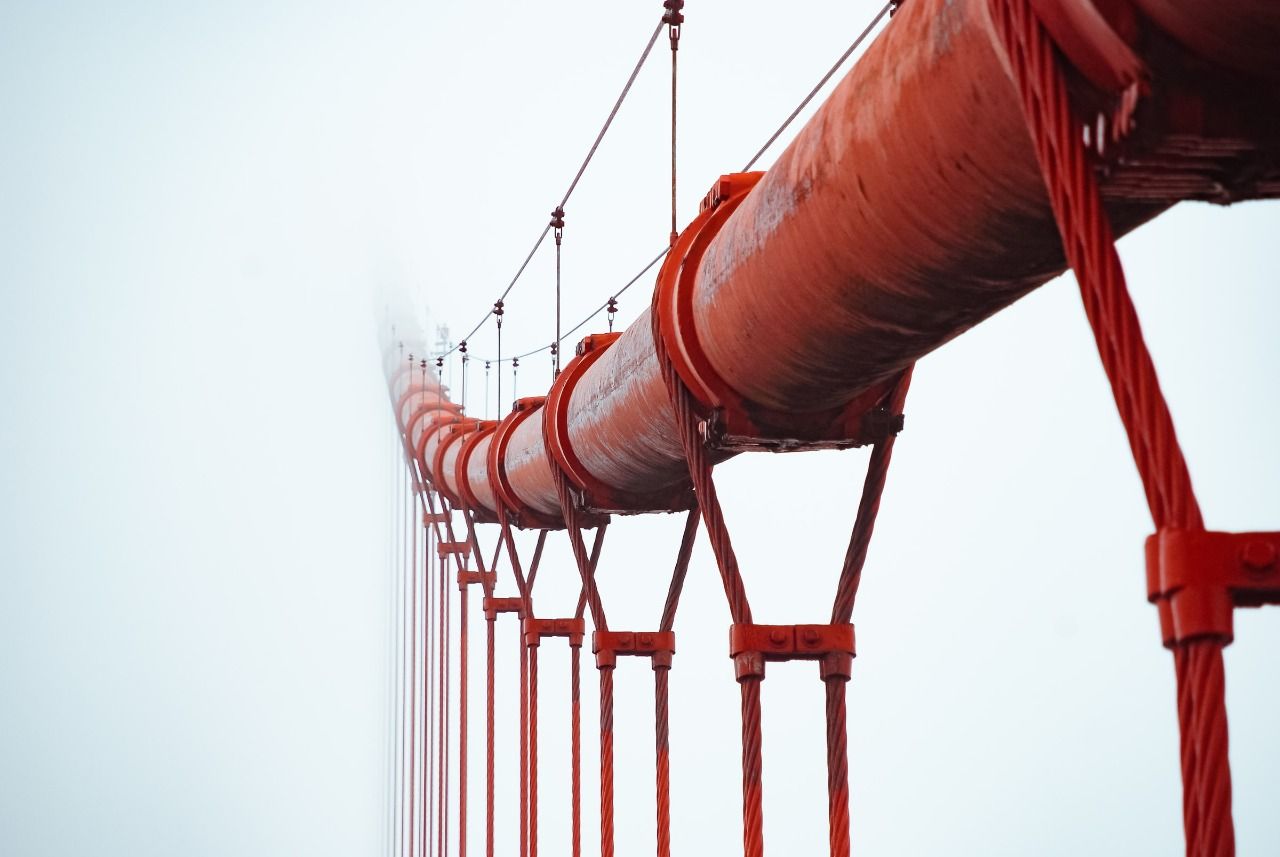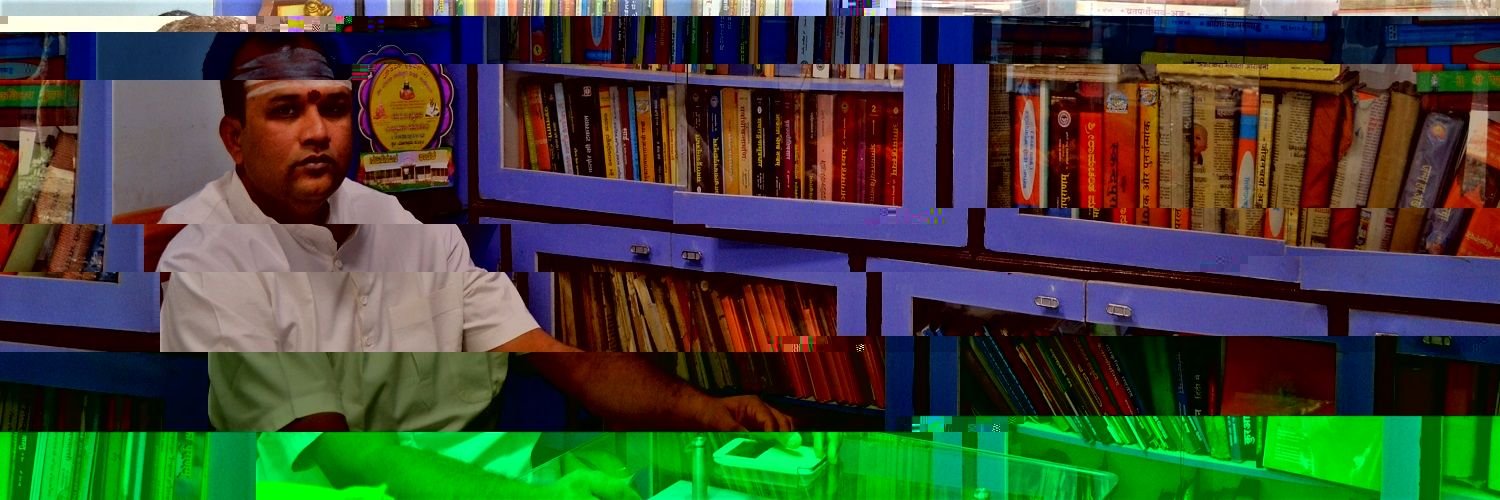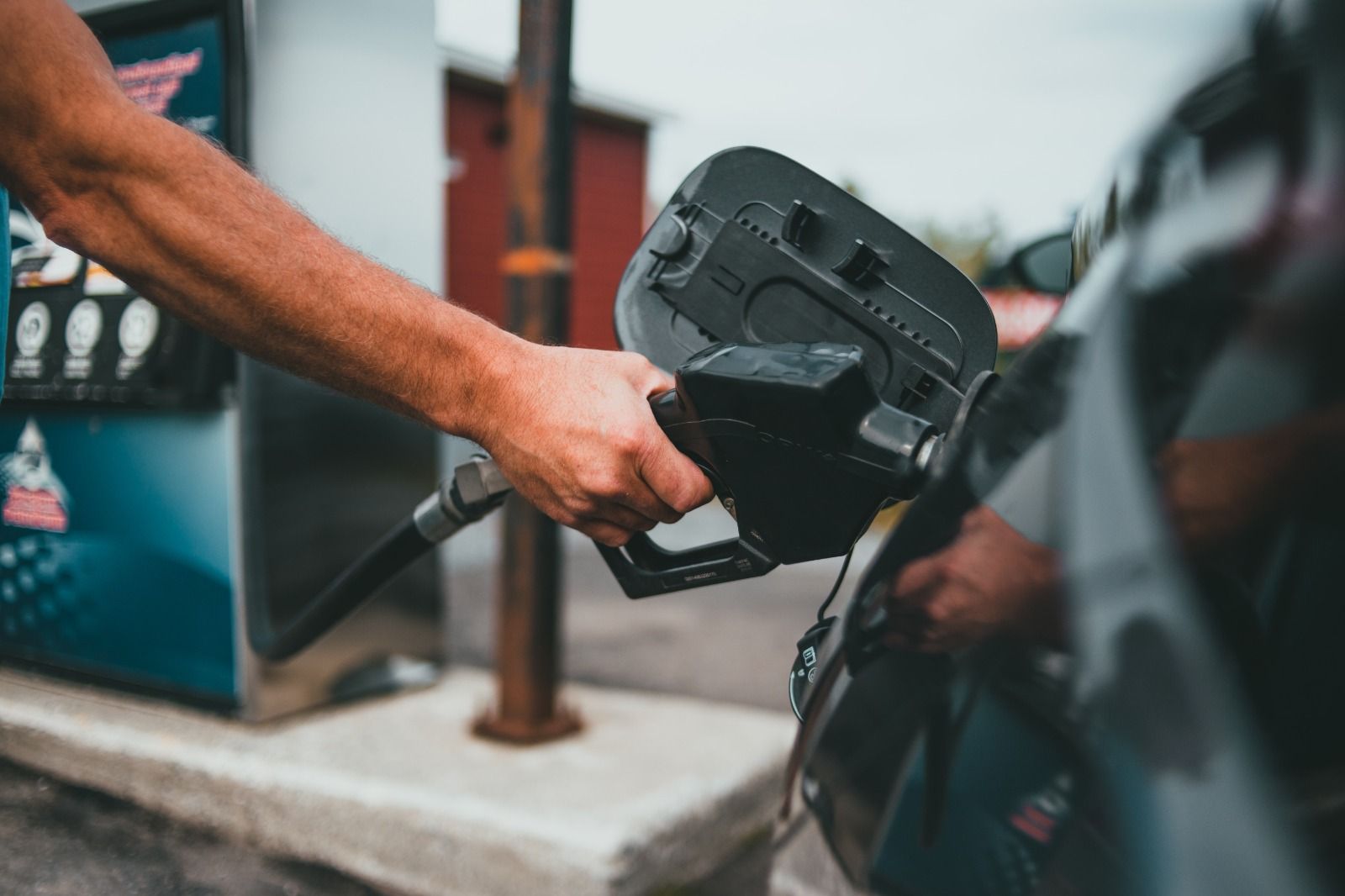Construction of India-Bangladesh oil pipeline to complete in February 2022
Pratim Ranjan Bose
Post On > Dec 24 2021 1988

The slow pace of implementation of projects is one of the major weaknesses of the India-Bangladesh cooperation initiative. Almost all projects in Bangladesh suffer inordinate delays. By that standard, the India-Bangladesh oil pipeline project has made reasonably fast progress and is likely to be completed this winter.
In September 2018, Prime Ministers of both the countries flagged off the construction of a 130 km pipeline to carry up to one million tonne diesel a year from Siliguri in the northern part of West Bengal to Parbatipur in Dinajpur district of Bangladesh. Of the total pipeline length, only six km was in India. The work was scheduled to be completed in 27 months.
As in December 2021, nearly 90% of the task is over. The pipeline is awaiting to cross one last hurdle, a small river (Dahuk) of the Mahananda river system, to reach Parbatipur right across.
According to senior officials of the Indian implementing agency, Numaligarh Refinery Limited (NRL) of Assam, the pipeline should be in place by February 2022, roughly a year behind the schedule. Considering the crippling impact of the pandemic, including severe restrictions on movement, in 2020; the one-year delay is reasonable.
India and Bangladesh initiated the oil trade in March 2016, when a rail rake (cargo train) reached Bangladesh with 2500 tonne of high-speed diesel (HSD).
Since then, NRL exports four rakes of fuel a month totalling 95,000 kilo-litre or roughly 0.5 million tonne, which is 10% of Bangladesh’s annual diesel consumption of 5 million tonne.
The Indian supplies will be used in meeting the demand in the northern part of Bangladesh, which is not yet connected to the relatively prosperous South, by pipeline. The low demand of northern Bangladesh suits the State-owned NRL which suffers from crude scarcity.
North-East India produces barely one million tonne of crude and is dependent on pipeline supplies from the plains to meet its refining demand. The three million tonne capacity NRL is awaiting competition of a crude pipeline from Paradip port in Odisha.
Till date, only 13% of the Paradip-Numaligarh crude pipeline is completed. The full pipeline length will take roughly two years to complete, which may be time enough for Bangladesh to establish a pipeline link between the North and the South through the upcoming Padma bridge.
India has the world’s third-largest refining capacity of nearly 250 million tonne. According to ITC Trade Map, India exported $26 billion worth of petroleum products in 2020. Singapore is the largest importer of Indian refined products, followed by the United Aran Emirates (UAE), Netherlands, USA, Malaysia and China.
In South Asia, Nepal ($813 million) is the largest importer of Indian petroleum products, followed by Bangladesh ($15 million) and Sri Lanka ($332 million).
India completed the construction of 69-km Motihari (Bihar)-Amlekhigunj (Nepal) in September 2019. The project was implemented in less than half the scheduled time.
There were two critical takeaways of this project. First, it eliminated roughly 1,000-1,200 road tankers which were earlier congesting the roads of Raxaul (Bihar) and Birgunj (Nepal). Elimination of the road transport cost reduced the landed cost of fuel in Nepal.
More importantly, it addressed Kathmandu’s insecurity over the fuel supplies and removed a major political irritant between the two countries.
During the 2015 Madhesi stir in southern Nepal, the protestors blocked the trading gate to cut off oil supplies. Nepal in turn blamed India for stopping the oil supplies. With oil now delivered 30 km inside Nepal, no amount of stir on the border can stop oil supplies from India to Nepal.
*Pratim Ranjan Bose is a public policy expert. Views expressed are his own.
** Photo by JJ Ying on Unsplash

123
2025-07-27 20:33:14

asd
2025-07-27 20:31:39

Northeast Energy Scenario Part-1: Paradigm shift in petroproduct availability and consumption
2023-03-28 16:22:05

Consolidation of 'indigenous' votes aligned Tripura's political landscape with the rest of the northeast.
2023-02-16 08:51:53

Why Kolkata doesn’t have a Unicorn ?
2023-01-28 09:53:57

Social media literacy should be mandatory in UG curriculum
2022-11-30 12:00:53
